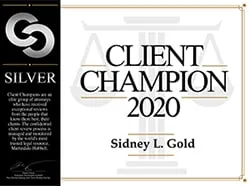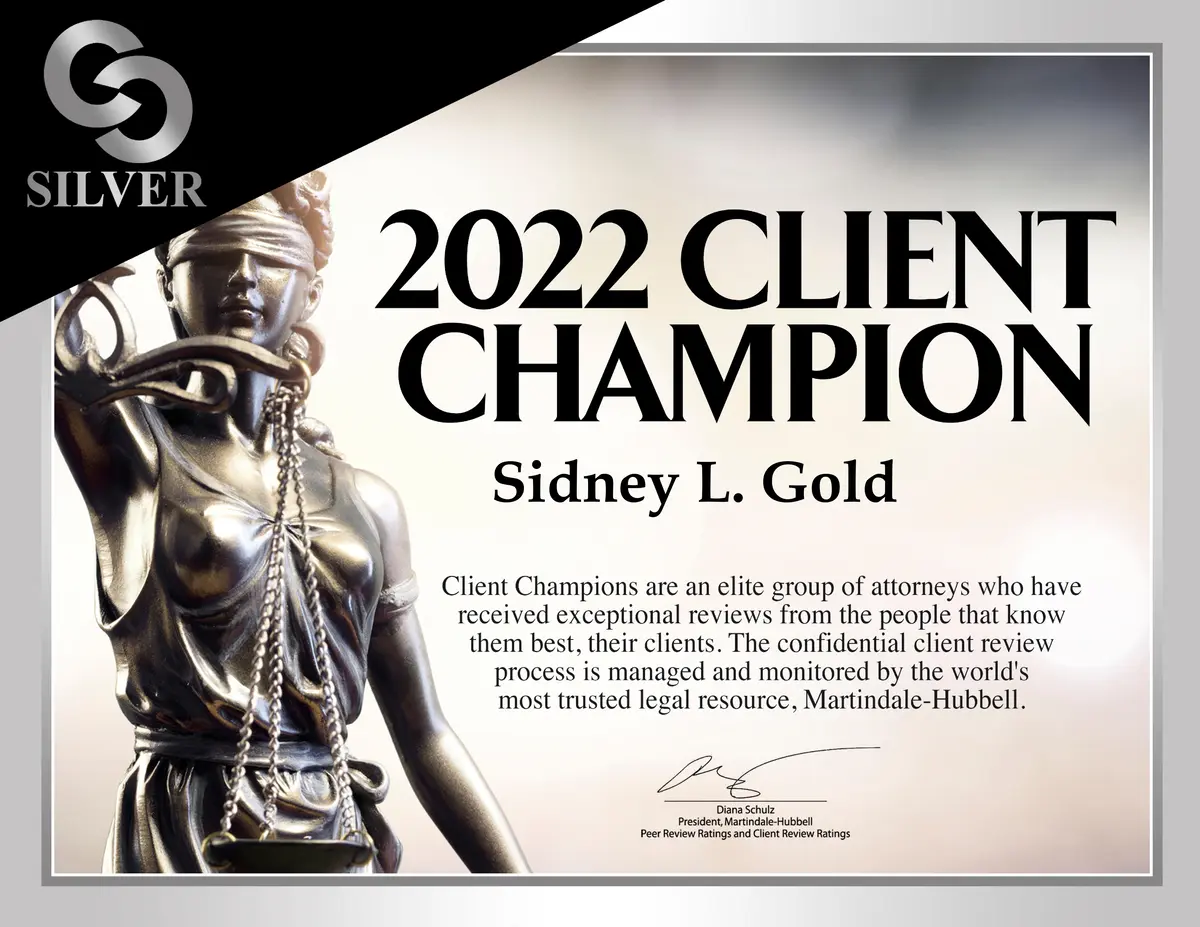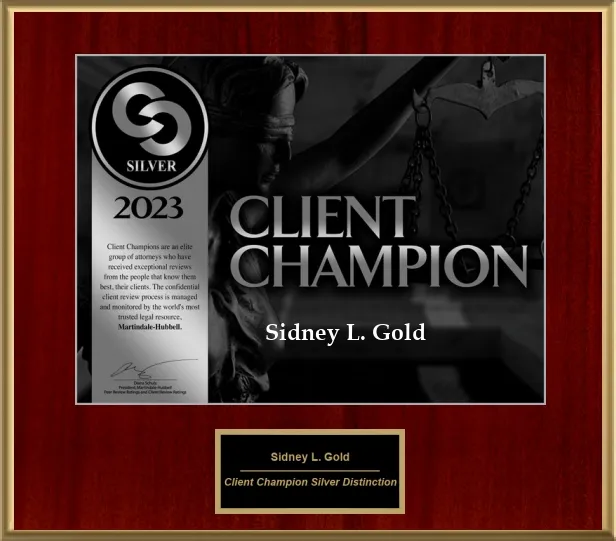In any dispute, it is crucial to address both party’s questions and concerns. However, this is especially true in disputes involving an individual and their employer. There are both benefits and disadvantages to mediation arbitration, therefore, a victim should contact an employment lawyer to discuss their options.
What is Mediation?
Mediation helps to settle a dispute by utilizing a neutral party to discuss all concerns. The mediator will help both parties come to an agreement that helps to end the dispute. They do this by discussing the needs, concerns, and questions of the parties to find mutual ground. Mediation is often used to settle a case of employment discrimination.
The Equal Employment Opportunity Commission (EEOC) is a United States federal organization that addresses workplace discrimination. When a dispute results from employment discrimination, the EEOC may utilize their mediation program to settle the dispute. The goal of the mediation is to avoid court or an investigation by resolving the dispute.
The EEOC is voluntary, therefore, the charge is processed as usual if either individual declines. The mediation will likely occur before a formal investigation. It is a free service offered by the EEOC, and it can help prevent any expenses associated with an investigation or litigation.
What are the Benefits of Mediating with My Employer?
There are several benefits to a mediation instead of court. Mediation helps an employer and their worker determine a compromise to a dispute. This allows for a better outcome for both parties. It can also help mend the relationship between the employer and their employee.
Another benefit of mediation is that it takes less amount of time to resolve the dispute. Many individuals who file discrimination claims may not have their cases resolved for at least 10 months. However, an EEOC mediation can help both parties resolve the case in less than three months. This is because there is no lengthy investigation or litigation process in mediation.
Another benefit is that it saves money for both parties. Although a legal team is encouraged for the employee, it is not necessary. The employer also saves money from not doing an investigation or settling a lawsuit. This can help foster a better relationship after the dispute.
Mediation is also helpful for identifying the core issues in a workplace. Since the employer and employee can discuss their perspectives, it helps to determine places that need improvement in a work culture. Unlike an investigation and litigation proceeding, a mediation allows mutual cooperation. This can ultimately lead to better long-term results.
The best benefit to mediation with one’s employers is that everyone wins. By mediating, the third party is able to speak on the behalf of everyone’s best interests and talk out a mutual resolution. This, added with mutual cooperation, allows both parties to settle the case on their own terms. This tends to provide the best results for all involved parties.
How is an EEOC Mediation Different from Going to Court?
In court, there are many individuals who decide how the case ends for a victim and the defendant. There is a judge, jury, witness, and other key roles that affect the outcome of the case. While these roles are important, they take away the ability for both parties to reach a conclusion that they both can appreciate. This is where a mediation differs from court.
A mediation still discusses the core issues of a company without involving a court. This is often beneficial for both the employer and the employee. The employer does not necessarily need to act defensively over an accusation. This can help shift the focus from who is held liable to how the company can improve. This tends to offer the best and most sustainable results.
How Can I Set Up an EEOC Mediation?
After a discrimination claim is filed, the EEOC will contact the victim and their employer to discuss potential mediation appointments. Each party has the right to turn down mediation. However, if one party denies a mediation, the case will likely go to court after an investigation.
If both parties decide to participate, the EEOC will schedule a mediation meeting. During the mediation, a trained and unbiased professional will conduct the meeting. The mediator will help both parties reach mutual grounds to resolve the dispute. At the end of the mediation, there should be a written signed agreement outlining the details of the resolution.
What Happens During an EEOC Mediation Meeting?
Before the meeting, the mediator will make some introductory remarks about the confidentiality and the mediation process. The mediator will likely ask the employee to explain their reason for filing a charge and the employer’s perspective on the case. They will also ask both parties their goals for the mediation. This helps to prioritize the resolution.
If both parties are acting reasonably, the mediator may permit questions between the two parties. However, one should note that many mediators avoid this part of the process out of a fear of losing control of the conversation. This depends on the mediator’s professional style.
Next, both parties will likely split into different rooms to initiate the caucusing process. While split into these rooms, the employee will likely make the first proposal. After this proposal is made, the mediator will go to the next room and have the employer respond to that proposal. The mediator may offer unbiased advice to meet each parties’ best interests.
If both parties reach an agreement, they will sign a negotiated settlement agreement. This settlement agreement will outline all of the agreed upon improvements that will be made. Oftentimes, the employer has their own release agreement to sign. This release agreement will likely focus on confidentiality and not admit liability. Although most are standard, the employee is encouraged to contact a lawyer to read the agreement before signing it.
Tips for Employees on the Day of Mediation
Although there are many benefits to mediation, it can be intimidating for an employee to initiate a mediation. However, there are ways to make the most out of a mediation. It is crucial to keep one’s goals in mind to keep both parties on track during a mediation meeting.
One tip an employee should follow is to make their own remarks, even if they have a lawyer. Lawyers are crucial for the success of a case, however, victims should still make their own claims. This allows the victim to play a crucial role in the case and the changes being made. This can not only empower the victim, but lead to better results for both parties involved.
Another important tip to consider is to avoid trying to prove a case. Although this is difficult, this can impact the results of a mediation. An employer may feel less inclined to accept proposals if the employee is trying to prove liability; therefore, it is best to avoid it.
Also, a victim should weigh a mediation against its alternatives. Many times, an employee may feel that mediation will not provide the best results for them and their case. While this may be true, the victim should also consider the alternatives. Many cases involving discrimination in the workplace take a long time and do not necessarily end with the victim receiving a large settlement offer. Many are difficult to prove, so a mediation might be the best fit for a victim and their employer, both financially and emotionally.
Philadelphia Employment Lawyers at The Gold Law Firm P.C. Help Clients Dealing with Discrimination in the Workplace
If you are disputing with your employer, you need to contact our Philadelphia employment lawyers at The Gold Law Firm P.C. Our lawyers help employees get justice against guilty parties through EEOC mediation or in court. If you are interested in consulting an employment lawyer, contact us online or call us at 215-569-1999 for a free consultation. Located in Philadelphia and Pennsauken, New Jersey, we proudly serve clients throughout South Jersey and southeastern Pennsylvania, including Wilkes-Barre, Scranton, northeast Philadelphia, Bucks County, Chester County, Delaware County, and Montgomery County.



































